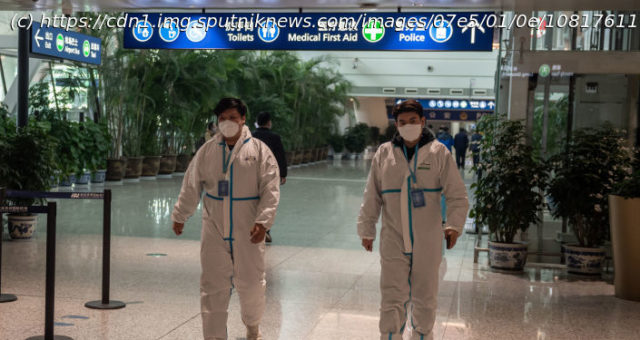On top of better hygiene habits, Wuhan people become stalwarts of the Chinese government and system.
One year on, the city of Wuhan, with a population of 11 million, has emerged from an unparalleled lockdown. The city has fully returned to normal, resuming its bustle and hustle scene, and people are moving on with caution. “The COVID-19 wound will remain with us forever, even a simple reminder is painful,” a resident told the Global Times. Wear masks, disinfect all that should be disinfected, avoid crowds and stay vigilant about every domestic outbreak, those are habits Wuhan people have kept today, who still cannot let go of aftershocks of pandemic memories. Yet after witnessing western countries’ mishandling of the pandemic, even with Wuhan’s forewarning, people in the city feel grateful for what they have and have become stalwarts of the government’s strict virus prevention measures. One year has passed, what has changed in Wuhan? In the bustling Baishazhou market, Wuhan’s biggest farmer’s market, several conspicuous digital screens warn merchants there: No wild animals and live poultry are allowed to be sold in the market. One of the screens also welcomes the public to provide tip-offs of any selling of cold-chain products from “qualified sources.” Customers, who previously favored frozen meat, now are trying hard to shy away from frozen products, and constantly ask merchants where their products come from. “If the government said eating meat can spread the virus, I think many Wuhan people will become vegetarians forever,” a local resident joked. A wholesaler who sells frozen beef and mutton said he has not imported any since Wuhan’s lockdown on January 23 last year, and he still has some stock imported from New Zealand and Australia before the epidemic. Baishazhou’s hustle and bustle makes Wuhan’s many other restaurants green with envy. Chinese people’s most important festival, the Chinese Lunar New Year, is two weeks away and also marks a peak season for restaurants, where dining together with family members is a tradition. Yet a Wuhan restaurant manager surnamed Wang told the Global Times that only 40 percent of their tables have been booked. “Previously,95 percent of our tables would have been booked by this time.” He said some Wuhan residents even started panic buying in supermarkets to stock necessities, after they saw outbreaks in North China, including Hebei and Jilin. “Wuhan people are easily on alert by even a slight sign of trouble now. The bloody scar will remain in Wuhan people’s memory forever, even a gentle touch of it is still painful,” said Chen. When reporting on the anniversary of Wuhan’s lockdown, the New York Times used the phrase “forgetting the pain after a scar heals” to describe the city’s status quo.






